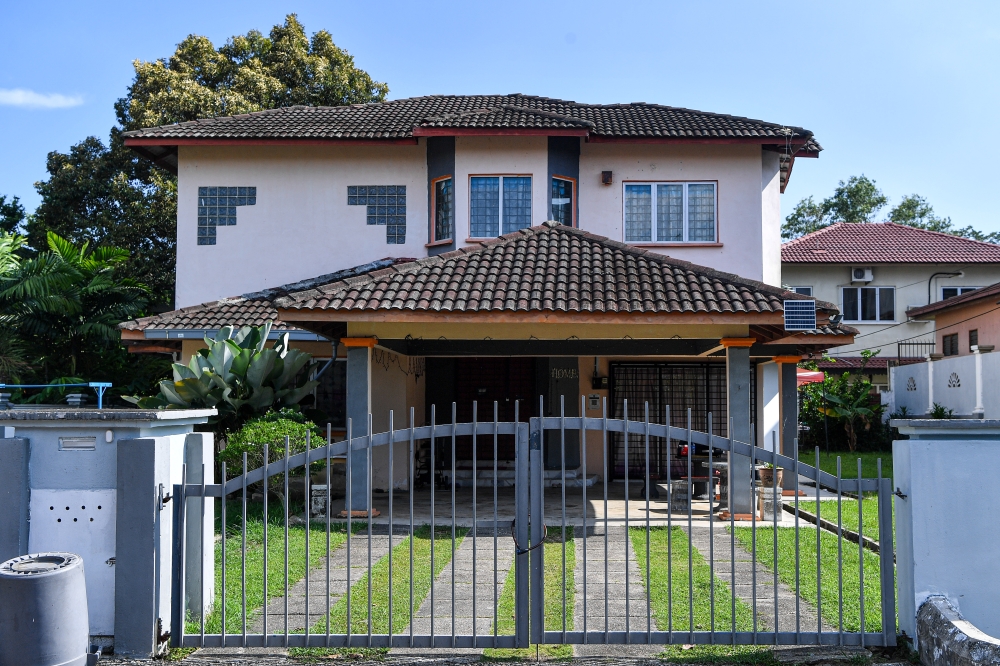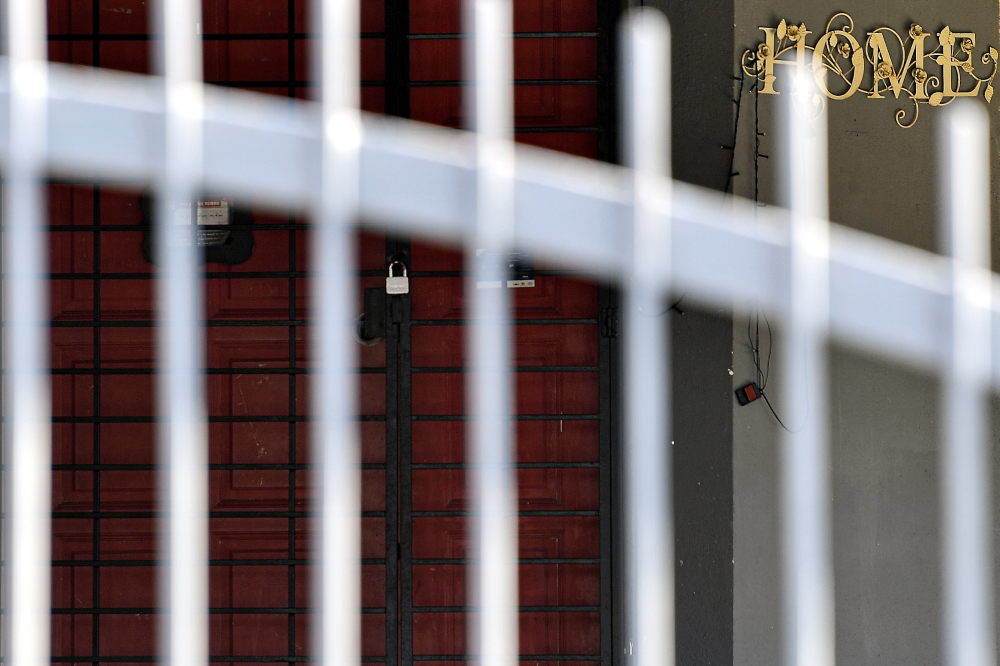KUALA LUMPUR, Sept 12 — Over 400 children, some as young as one year old, were rescued in police raids across welfare homes allegedly linked to the Global Ikhwan Group, also known as GISB Holdings Sdn Bhd (GISBH), in Selangor and Negeri Sembilan yesterday.
The raids were prompted by 41 police reports that had been lodged against the company since 2011 until September 7 this year.
Inspector-General of Police Tan Sri Razarudin Husain confirmed that 173 individuals, including caretakers, religious teachers, and the centre’s chairman, were arrested following the raids.
“Investigations revealed a company dealing with Muslim products was involved in human trafficking before a police report was lodged in Shah Alam, Selangor,” Razarudin said at a press conference yesterday.
Preliminary investigations found that the children who resided there were not only allegedly sodomised by the caretakers, but also taught to perform similar acts on the other children at the home.
“Children and religious sentiments were exploited to solicit donations, with the perpetrators even claiming to perform Islamic treatments while inappropriately touching the victims,” said Razarudin.
However, last Saturday, Deputy Inspector-General of Police Datuk Seri Ayob Khan Mydin Pitchay said the police were conducting a probe into a company over its alleged involvement in a child exploitation case.
GISBH today denied involvement with the alleged abuse by insisting that it was not the operator of the welfare homes raided, and claimed it was being targeted with a smear campaign.
What happened after the raids?
- The raids led to the arrest of 171 individuals including caretakers, religious teachers and chairpersons of the homes.
- The hostel warden, the centre’s chairman and religious teachers have been remanded until September 15 to facilitate investigations.
- Out of the 173 individuals, 105 were females and 68 of them were males aged from 17 to 64 years old.
- A total of 402 children as young as one year old to 17 years old were rescued.
- The children are staying at Malaysian Police Training Centre while they undergo medical examinations which may last as long as 14 days.
- The children were also abused as they would be punished with heated metal objects when they made mistakes.
- The children who resided there were not orphans, their parents left them in the care of the homes.

List of the raided premises:
- Six in Hulu Selangor
- Four in Klang Utara
- Two in Shah Alam
- Two in Sepang
- Two in Kajang
- One in Petaling
- One in Subang Jaya
- One in Seremban
- One in Nilai
The case is being investigated under the Child Act 2001, Sexual Offences Against Children Act 2017 and Anti-Trafficking in Persons and Anti-Smuggling of Migrants Act 2007.

What is the Global Ikhwan Services & Business Holdings?
Global Ikhwan markets itself as a Bumiputera-Muslim-run business and holds assets all over the world worth RM325 million and owns 415 business outlets across 20 countries in Asia, Europe, Africa and Australasia, news site The Malaysian Reserve reported last month.
The group, established in 2010, traces back to the Arqam Group, the business arm of the deviant religious movement Al-Arqam, which was banned by the National Fatwa Council in 1994.
However, in the statement today, the company said it has moved away from its past association with the Al-Arqam group and positioned itself as a multinational company.
Global Ikhwan now has a total of 5,346 employees under its 25 subsidiaries, according to The Malaysian Reserve.
The private company has an annual revenue of RM187 million, making it on par with local publicly listed companies.
The conglomerate owns a desert oasis in Saudi Arabia, and restaurants in major cities like London, Paris, Istanbul, Dubai and Mecca.
It also owns accommodations in Turkey, a hotel in Sarajevo, Bosnia-Herzegovina and a 120-acre (48.56ha) estate in Perth, Australia.
What is the Arqam Group?
The Arqam Group was the business wing of Al-Arqam, a deviant Islamic sect, founded by its spiritual leader Ashaari Muhammad.
The Arqam Group rebranded to Rufaqa Corp. It was later renamed Global Ikhwan with GISB Holdings as its registered name shortly before Ashaari’s death.
The company was founded on Islamic principles of business and focused on Halal items and went international with its factories and grocery shops.
Al-Arqam first began at Keramat, Kuala Lumpur in 1968, with the name “Rumah Putih” (White House) as the study group circle met in a house painted in white. In its first two years of existence, it had already received backlash and was accused of spreading deviant Islamic teachings.
The group also joined the Malaysian Islamic Youth Movement (Abim) and Ashaari was also offered the post of President, which he declined.
Ashaari established a village in Kampung Sungai Penchala, Kuala Lumpur, equipped with a mosque, a lecture hall, dormitories, offices, a school, houses and shops. It also published printed materials to spread its teachings.
However, in 1986, the public was shocked by Ashaari’s book Aurad which alleged that Muhammad and the four caliphs could be met physically and consciously in the real world.
The Department of Islamic Development Malaysia (Jakim) asserted that the book was misleading and could jeopardise the beliefs of Malaysian Muslims. The book was banned in 1998 by the National Fatwa Committee.
Ashaari also made indirect suggestions that he was the direct descendant of the prophet Muhammad and asked his followers to address him as Syeikh Abuya Iman Ashaari Muhammad At-Tamini. It was also reported that he made assertions that he had met with the prophet.
Ashaari was once detained for two years under the Internal Security Act 1960 and died in 2010.





















